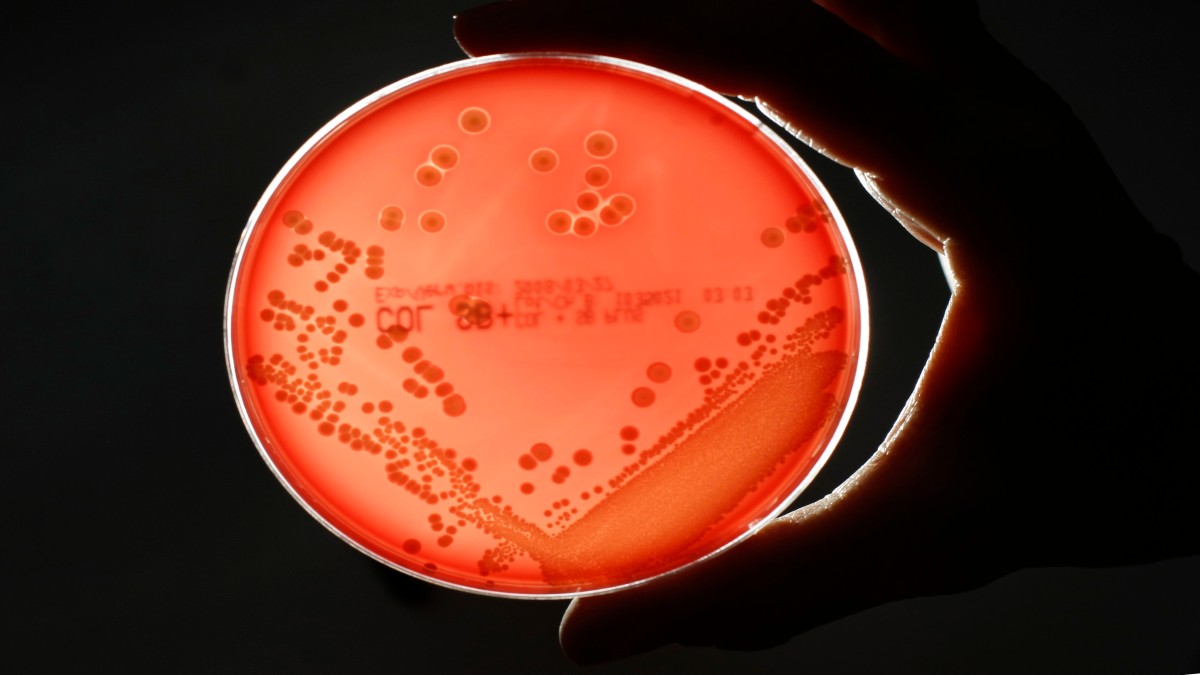The transplant is being hailed as a milestone, since it has the potential to ease the chronic shortage of donor organs worldwide
)
The world's first genetically-modified pig kidney transplantation to a living human was completed successfully. Source: AP
In a first, surgeons in the United States have successfully transplanted a genetically-modified pig kidney into a living human patient. The procedure where a live organ sourced from a non-human species in transplanted into a human recipient is called xenotransplantation.
The beneficiary was one Richard Slayman, a 62-year-old African-American man suffering from end-stage kidney disease.
Massachusetts General Hospital, on Thursday, said that the transplant was carried out under a “compassionate use” policy.
This policy gives patients access to experimental treatments that have not yet been approved by the Food and Drug Administration. “Compassionate use” is limited to patients with serious or life-threatening conditions.
Special Pigs: The source of the donor kidney
Massachusetts-based biotech company, eGenesis, provided the pig kidney. The animals used as organ donors were raised in isolation under special conditions. This was done to prevent exposure to infections that might harm the recipient of the organ.
“These special pigs have organs of similar size and function to human organs,” the hospital said in a statement.
The magic of gene-editing
The donor kidneys were genetically-edited to remove pig genes that would otherwise be harmful to humans. In the process, certain genes that are beneficial for humans were also added to the tissues. This made the organs harvested from the pigs more compatible with humans.
“This demonstrates the potential of genome engineering to change the lives of millions of patients globally suffering from kidney failure,” Mike Curtis, the chief executive officer of eGenesis, said.
The xenotransplantation took four hours, the hospital said.
The risks
In the past, pig kidneys have been transplanted into brain-dead patients. However, this is the first time this has been done for a living person. The procedure involves some level of uncertainty as well as some risks.
The record with genetically modified organs has not been the best. Despite successful transplants of genetically modified pig hearts in two people at the University of Maryland, the patients died in less than two months.
One suffered from heart failure, while the other showed signs of the body rejecting the organ.
Slayman, however, is recovering well and is expected to be discharged soon. He will be on a regimen of immunosuppressive drugs to ward off rejection of the pig kidney.
Hope for health equity
With kidney diseases and transplants, two things are of note.
First, ethnic minorities suffer from high rates of kidney disease. And second, organs for transplant are scarce. There is a chronic shortage not just in the US but worldwide.
“An abundant supply of organs resulting from this technological advance may go far to finally achieve health equity and offer the best solution to kidney failure– a well-functioning kidney– to all patients in need,” Slayman’s nephrologist Winfred Williams said.
“Our hope is that this transplant approach will offer a lifeline to millions of patients worldwide who are suffering from kidney failure,” said Dr Tatsuo Kawai, a member of the team which carried out the landmark operation.
With inputs from agencies

 5 months ago
14
5 months ago
14


















)
)
)
)
)
)
)
 English (US) ·
English (US) ·